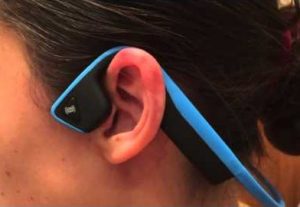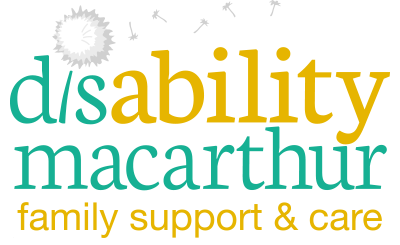
A trial using wireless music therapy is helping acute mental health patients in a local hospital.
The Hear No Evil project was inspired by a young woman who was re-experiencing a traumatic event through auditory hallucinations, and found listening to soothing music on wireless headphones helped.
The trial has led to a decrease in the amount of medication prescribed.
As part of the trial, patients used wireless headphones to help decrease the duration and severity of their hallucinations, explains Liverpool Hospital occupational therapist Helen Driscoll.
“Music therapy is not new, however music played over a general PA system doesn’t cancel out background noise, so it’s not as effective as listening to music through headphones,” Ms Driscoll said.
“Headphones with audio wires are not allowed on acute mental health units, but the use of wireless headphone technology has enabled our patients to have centrally controlled, relaxing music played directly to their headphones.
“During the trial, five pairs of headphones were introduced to the acute mental health ward, and they were given to patients to use when they were distressed.”
For those people with persistent psychotic symptoms hallucinations were directly responsible for profound dysfunction in all aspects of daily life.
“The traditional medical approach for controlling hallucinations is the administration of antipsychotic drugs,” Ms Driscoll said.
“This process however can take some time to take effect and some people will continue to experience persistent hallucinations.
“Those taking part in this trial reported that the music helps to drown out the voices, takes them to a different mindset, improves their mood and stops them stressing.
“The amount of medication prescribed was monitored 131 days before and after the Hear No Evil project was implemented.
“Results showed an overall decrease in the amount of medication prescribed in the ward after the introduction of the headphones.’’
However, the most valuable results were from the interviews and feedback from individuals who used the headphones during their stay on the ward.
Feedback comments included:
“They are great, they help with vices and help me forget.”
“Helps with psychosis for me, drowns out the voices.”
[social_quote duplicate=”no” align=”default”]“Takes me to a different mindset, improves my mood and stops me stressing.”[/social_quote]
“It’s my coping strategy, it’s a distraction but some people they will use it for recreation but it helps me cope with every day.”
The results of the study led to more wireless headphones on different mental health wards at Liverpool hospital and the benefits of having this technology are being studied further by the therapy and recovery service at Liverpool Mental Health.



